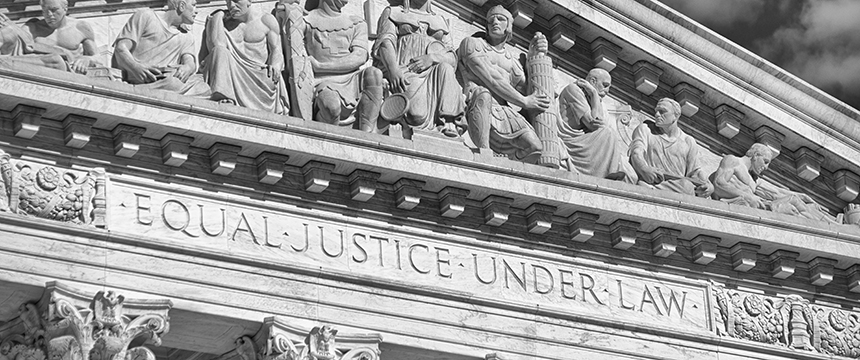Anti-LGBTQ Bias – Not Just for Employment – So Don’t Discriminate in Housing, Health Care, Education, or Accommodations Either

When the U.S. Supreme Court ruled last year (in the “Bostock” case) that Title VII of the Civil Rights Act of 1964 protects employees from discrimination based on sexual orientation and transgender status, many predicted the ruling would extend to other anti-discrimination laws in areas such as housing, health care, education, and public accommodations. Those predictions are becoming reality. Your business should already have in place anti-discrimination policies, training, and practices for employees. As discussed below, depending on what type of business you have, you need to also consider anti-discrimination policies and practices for other areas – such as for tenants or homebuyers, patients, students, consumers, and others who use your business’s services.
Various federal and state laws prohibit discrimination based on “sex.” In its ruling last year addressing Title VII, the Supreme Court held that “sex” also includes sexual orientation and gender identity or expression. Though the Supreme Court has not yet definitively ruled that other statutes that use the term “sex” also prohibit sexual orientation and gender identity/expression discrimination, other courts, agencies, and even the president have made such determinations.
As one of his first acts, President Biden issued an executive order to combat discrimination against LGBTQ people in health care, housing and education. The executive order stated:
In Bostock … the Supreme Court held that Title VII’s prohibition on discrimination “because of . . . sex” covers discrimination on the basis of gender identity and sexual orientation. Under Bostock‘s reasoning, laws that prohibit sex discrimination — including Title IX of the Education Amendments of 1972, …, the Fair Housing Act, … and section 412 of the Immigration and Nationality Act … — prohibit discrimination on the basis of gender identity or sexual orientation, so long as the laws do not contain sufficient indications to the contrary.
Courts and administrative agencies have been following suit. For example, the federal court of appeals that covers Alabama, Florida, and Georgia recently held that Title IX, prohibiting sex discrimination in education, also covers sexual orientation and gender identity/expression. In that case, the court ruled that a school’s policy barring a transgender male teenager from using the men’s bathroom of his high school violated the sex discrimination provisions of Title IX. Similarly, the Florida Commission on Human Relations recently announced that it will accept and investigate claims based on gender identity/expression or sexual orientation in employment and public accommodations and investigate housing violations based upon sex discrimination due to nonconformity with gender stereotypes.
If you are a hospital or health system, remember your LGBTQ patients. If you are a home builder or landlord, remember your LGBTQ purchasers or tenants. If you run a school, remember your LGBTQ students. If you are none of the above, but you hold yourself out to the public, remember your LGBTQ consumers. Ensure that your policies and practices prohibit sexual orientation and gender identity/expression discrimination.
